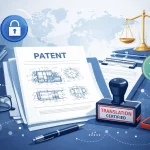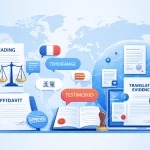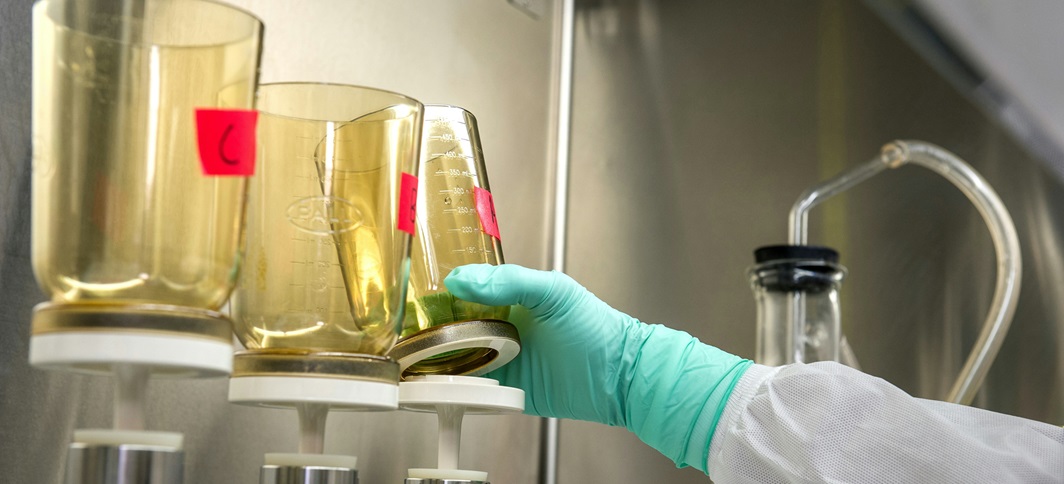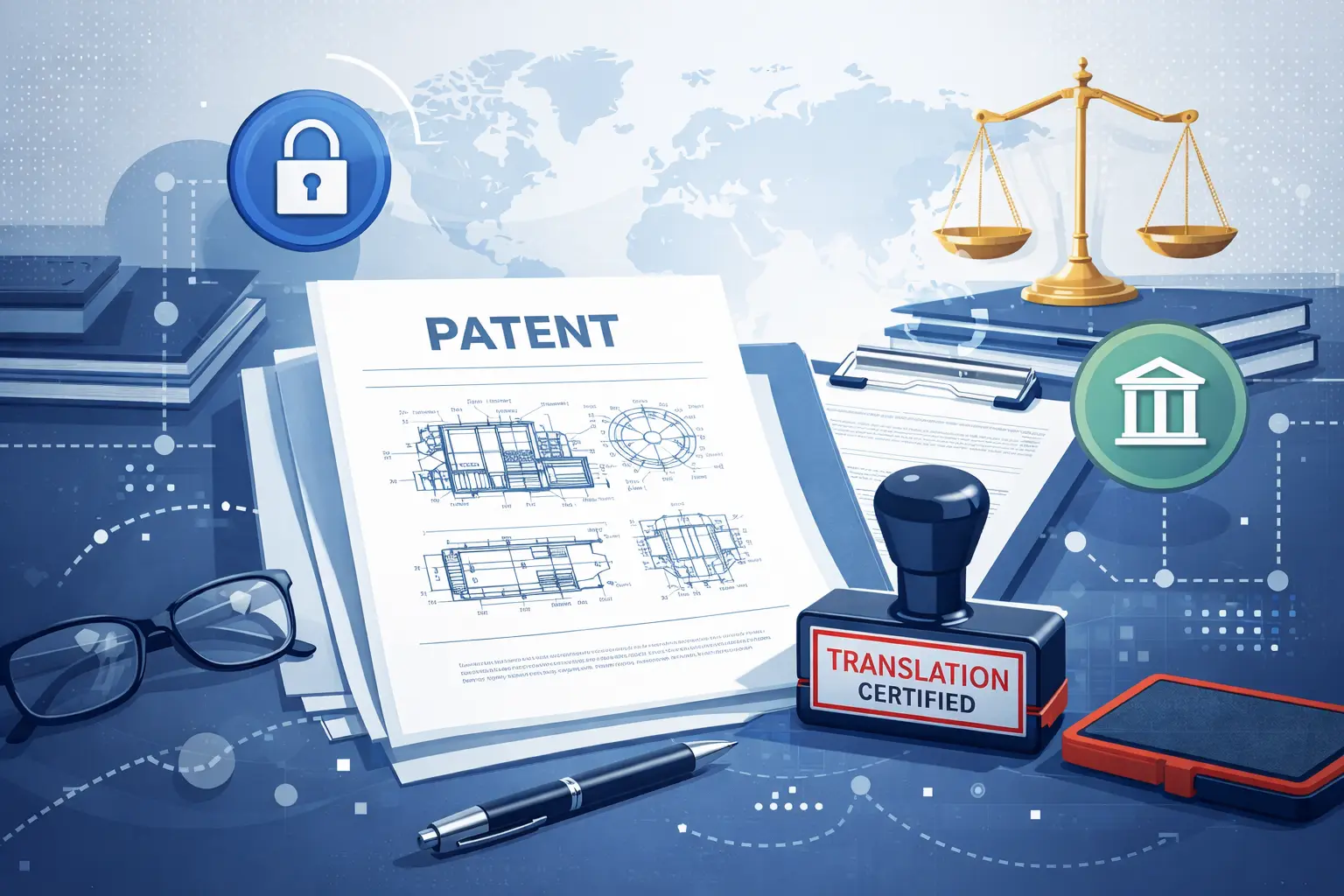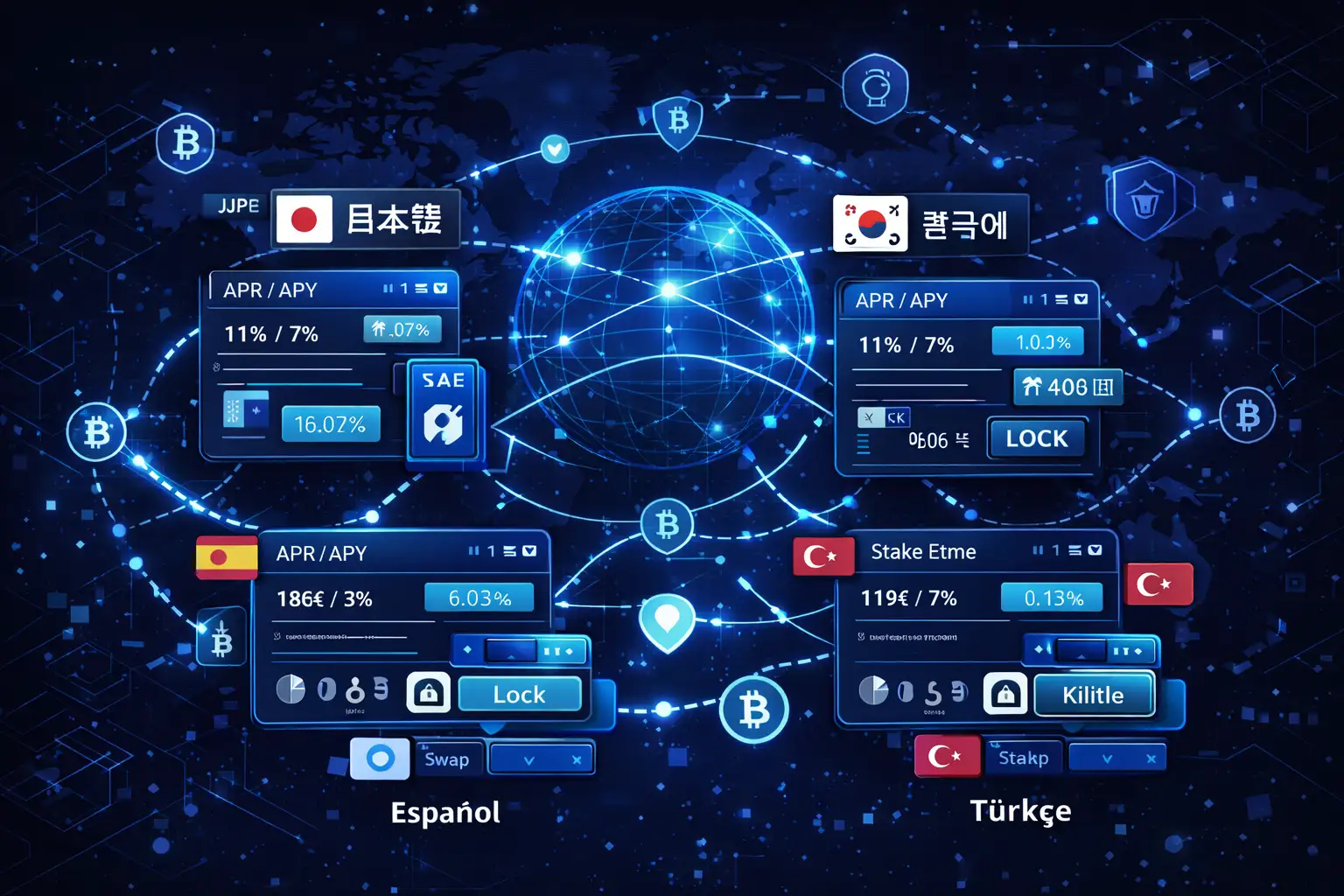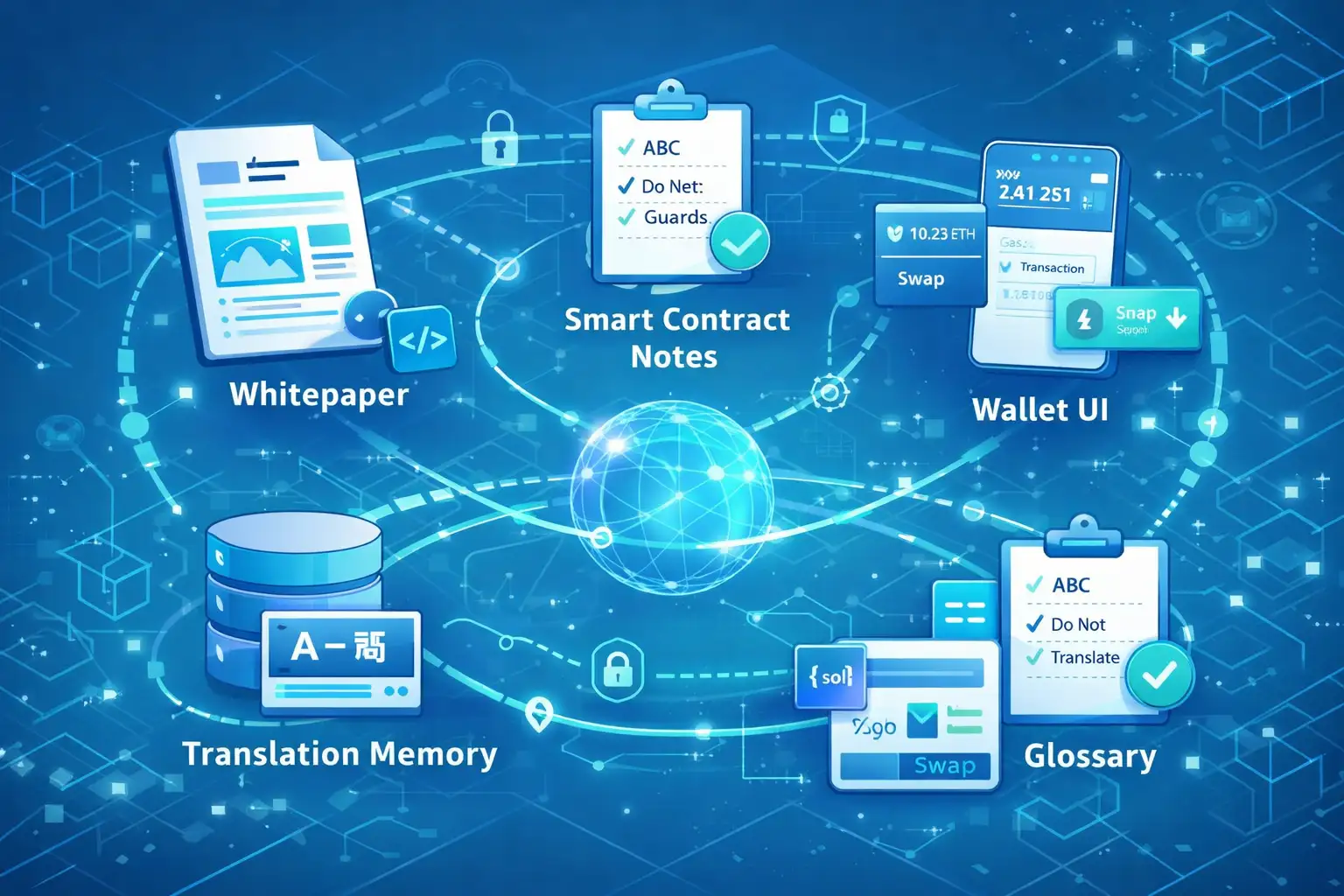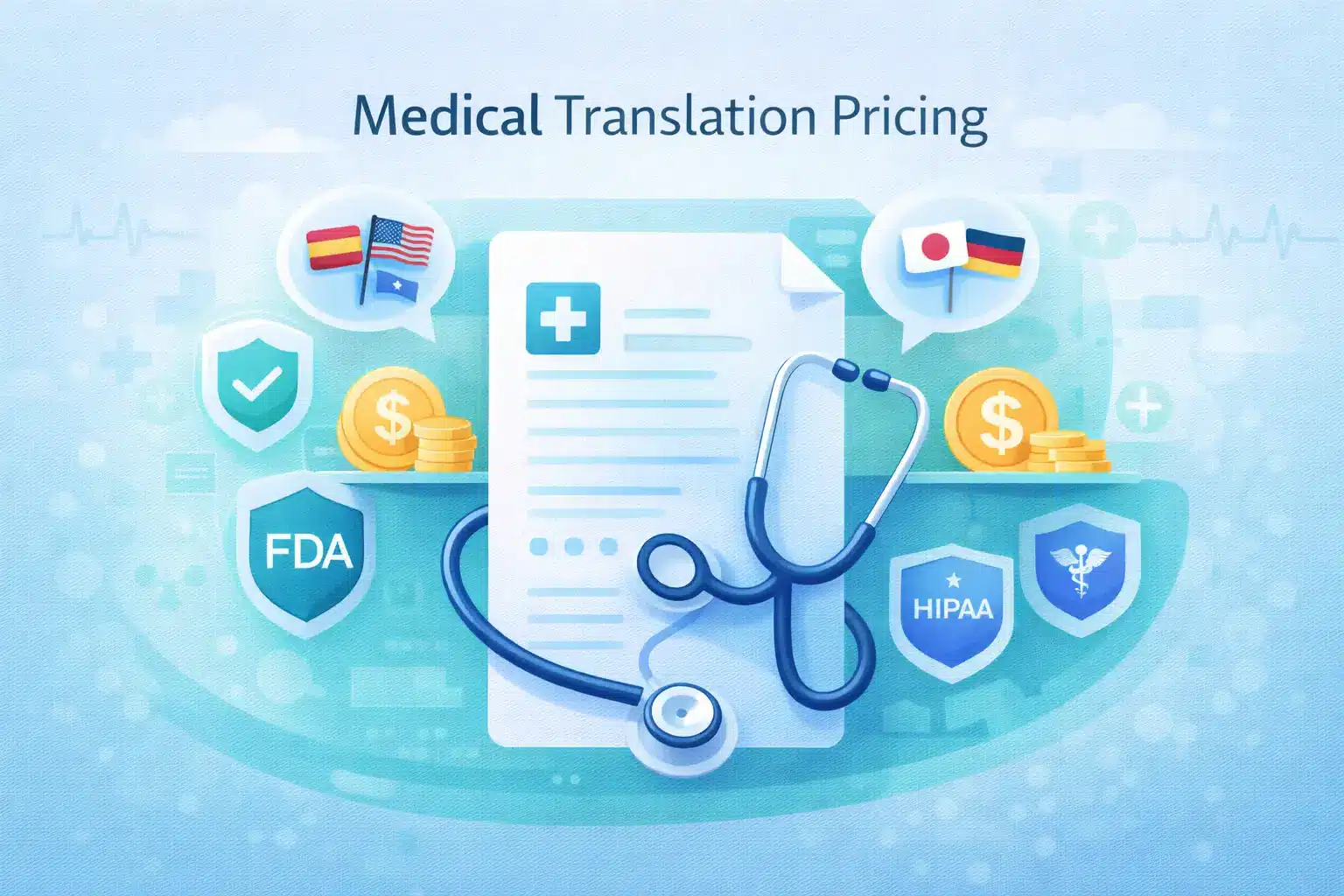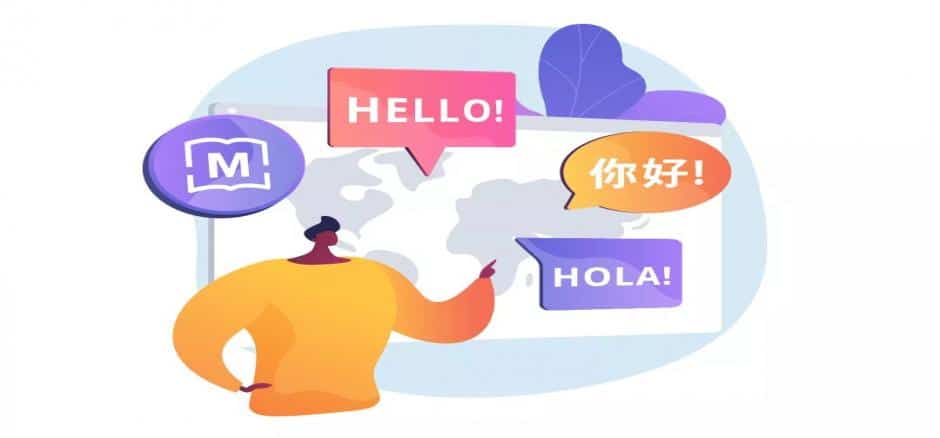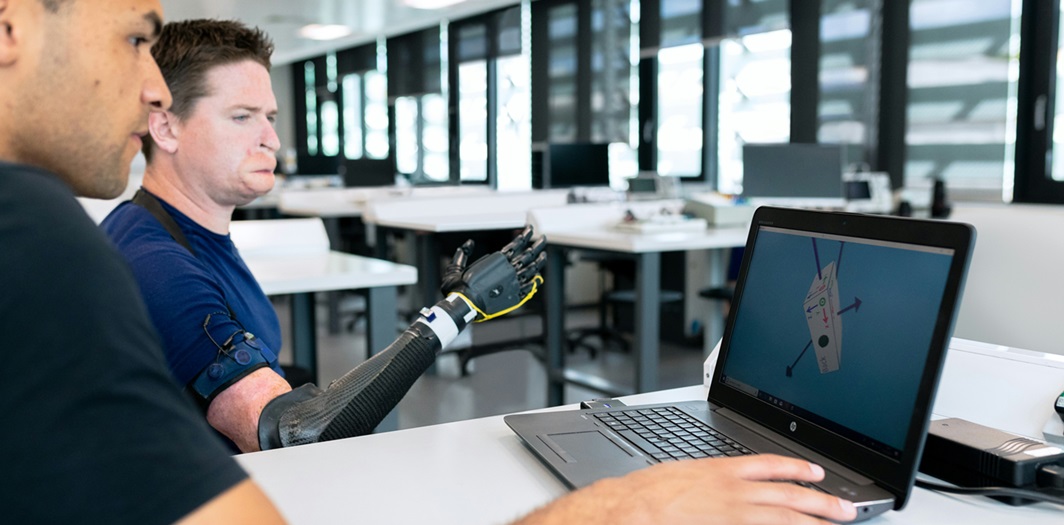Within language services, technical and scientific translation have different functions. The main goal of technical translation is to translate specialised material—like manuals or instructions—into a language that a particular audience can understand. It ensures clarity and precision in conveying information related to technology or industry-specific subjects.
On the other hand, online scientific translation involves the conversion of scientific documents, research papers, or academic materials. This specialised translation emphasises accuracy in preserving the scientific terminology and nuances.
Both technical and scientific technical translation services contribute to effective communication across global platforms, facilitating the seamless exchange of information. Whether it’s document translation for industry manuals or online resources for scientific research, these services bridge language gaps, promoting accessibility and understanding.
Technical Translation
Technical translation involves converting complex information from one language to another. It spans diverse areas like product manuals, document translation, and more. Translational research, a key aspect, ensures seamless integration of scientific knowledge into practical applications. In this process, precision is crucial to convey intricate details accurately. Imagine translated articles enlightening global audiences and breaking language barriers. Whether it’s deciphering software instructions or decoding engineering schematics, technical translation plays a vital role. It’s the bridge connecting innovation and understanding, facilitating a universal exchange of knowledge. Embracing this discipline ensures that ideas and discoveries resonate globally, fostering collaboration and advancement.
Scientific Translation
Translating scientific articles is the precise conversion of complex research documents into different languages, ensuring global accessibility. Scientific translation services are a specialised service that is essential to the international dissemination of information. It preserves the integrity of discoveries by appropriately expressing complex scientific concepts and encourages cooperation between international researchers. In essence, scientific translation bridges language gaps, fostering a shared understanding of breakthroughs and innovations. What is scientific translation highlights how important it is to maintain the calibre and honesty of scientific language on a worldwide basis.
Language and Terminology Challenges in Scientific and Technical Translation
Because scientific speech is specific, it frequently uses acronyms and jargon, which makes translation more difficult. For translators to accurately transmit both the literal meaning and the intended scientific nuances, they need to have a thorough comprehension of the subject matter.
Furthermore, because scientific research is dynamic, terminology is constantly evolving, which means translators need to be up to date on the most recent advancements. When a term has no direct language counterpart, one must come up with inventive alternatives, which frequently include changing an existing word or creating a neologism.
Cultural subtleties provide still another level of intricacy. Deeply ingrained ideas from one culture require more explicit comparisons in another, which could result in miscommunications. Maintaining grammatical precision while keeping cultural significance in mind.
An additional layer of complication is added by the fact that many scientific subjects are multidisciplinary. Translators need to have the ability to accurately communicate highly technical knowledge across a variety of scientific topics and bridge the gap across disciplines.
Because a lack of contextual understanding can lead to the misinterpretation of crucial material, translators must have a thorough understanding of the larger context of scientific activity. Furthermore, complex logical and rhetorical methods are frequently used in scientific writing, necessitating a nuanced approach to maintain the author’s intended meaning.
Beyond linguistic issues, scientific and technological translation may provide additional difficulties. Therefore, a practical translation not only preserves the accuracy of scientific jargon but also acknowledges the complex relationship between language and culture, which eventually promotes efficient cross-cultural communication within the scientific community.
Types of Scientific and Technical Content Requiring Translation
Scientific Translation:
- Scientific Paper Translation: Translating research papers across various disciplines.
- Scientific Terms Translation: Precise rendering of technical jargon and terminology.
- Academic Translation: Adapting educational materials, lectures, and course content.
- Research Translation: Conveying findings from experiments or studies accurately.
Technical Translation:
- User Manual Translation: Making product instructions accessible in multiple languages.
- Patent Translation: Guaranteeing worldwide legal protection for inventions.
Certified Translation provides official translations for legal and regulatory compliance. Translation of engineering documentation: precise translation of technical requirements and drawings.
Cross-Cultural Nuances in Scientific and Technical Translation
Precision in scientific and technical translation requires careful consideration of cultural nuances. Scientific terms translation can be challenging due to language subtleties. Cultural references embedded in the source language may not have direct equivalents in the target culture, affecting accuracy. Translators must navigate these nuances to convey the intended meaning effectively. Errors or confusion may result from misinterpreting scientific or technical translations. In order to guarantee precision, translators need to be highly proficient in language and have a profound comprehension of cultural settings. This ensures that scientific terms are translated with utmost precision, maintaining the integrity of the information across diverse cultural landscapes.
Choosing the Ideal Translation Partner for Scientific and Technical Translations
Selecting the ideal translation partner is paramount for scientific and technical translation excellence. Professional translators with expertise in specialised translation ensure precision in conveying complex scientific paper content. When choosing a translation agency, prioritise those well-versed scientific and technical translations explained wisely. Look for qualifications like subject-specific knowledge and linguistic proficiency.
Conclusion
Technical translation focuses on translating documents related to specific industries or fields, ensuring accurate conveyance of technical information. In contrast, scientific translation involves the interpretation of content within the realm of scientific research and literature. Both require skilled language translators to bridge linguistic gaps and maintain precision. In conclusion, the expertise of document translation services and language translators is indispensable for effective communication in both technical and scientific domains.
Subtitles

Professional and Accurate Subtitle Services for your Videos.
- Video subtitles specifically tailor-made for improving accessibility.
- Using highly experienced subtitlers with years of industry experience.
- Professionally written and expertly timed.
Translation

We help the world’s top companies translate their content in over 73 languages!
- We localize content for internet websites, games, travel, cryptocurrencies, and more
- Expand your global audience by adding different languages.
- We work only with qualified translators and experienced content creators
Audio translation

Ensuring full accessibility for Blind and visual impaired audiences.
- Visual descriptive events as they occur in the video.
- Working with top audio describers to perfectly describe what is happening on-screen
- Professional sound recording.





